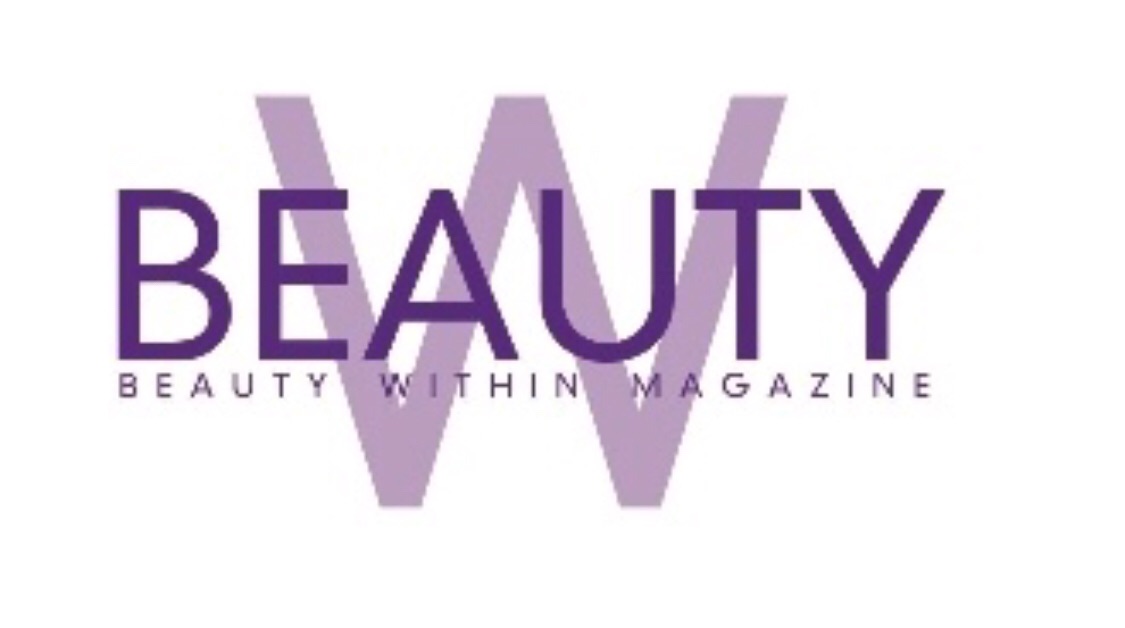
Zhang Xin spent her childhood in a grim five-storey block on the outskirts of Beijing, eating canteen-produced rice from an iron bowl alongside other offspring of toiling Chinese workers.
As a teenager she became a factory worker herself, turning 12-hour shifts in the fire-trap sweatshops of Hong Kong, desperate for every extra dollar she could save.
But by the age of 20, she had earned a Hong Kong passport and enough money to fly to Britain – where, helped by scholarships and grants, she won a university place first at Sussex, then at Cambridge to complete a masters degree.
While 2002 represented a career high for Zhang, the next year was to prove more difficult. “I had lots of failures along the way. It was not like always sunny – there are plenty of rainy days. My first failure came in 2003 when I tried to take the company public.”
Zhang went back to her old employer, Goldman Sachs, which showed an interest. “But I remember China was so early, back in 2003. Like, Wall Street investors had no idea of how to assess, evaluate Chinese real estate developer(s) which had (created) a business model so different from the outside. Yes, the people closer to China, the bankers, felt excited, but largely the investors in Wall Street were not ready for that.”
Four years later and Wall Street was ready. The business raised $1.9 billion when it went public in 2007, and valued Zhang and Pan themselves at around $4 billion, just 12 years after they founded SOHO in 1995.
Zhang has also become a philanthropist, writing in the New York Times in 2014: “For many Chinese of my generation, our first point of contact with Western philanthropy was the financial aid we received when we studied abroad. Very few of us had money — most only had raw ambition. We were ‘PHDs’: poor, hungry and determined. Financial aid transformed our lives.” As a result, she decided to focus her charitable efforts on education and in 2014 launched the SOHO China Scholarships, a $100 million initiative giving financial aid to Chinese students at universities such as Yale and Harvard.
“I always see problems, right? But I see this is my role: I’m the one who’s safeguarding the standard, and I really should be the one who goes for the best.”
After 20 years in real estate, Zhang still scrutinizes her buildings under construction. “I do small things. I will come in here (and) I would say: ‘Look, the chairs are placed wrongly. And the form of the letter is not quite right.’ And, the architects will tell you it’s a pain to work with me. And all my staff will tell you: ‘It’s a pain for her to go to the construction site.’ I always see problems, right? But I see this is my role: I’m the one who’s safeguarding the standard, and I really should be the one who goes for the best.”
What’s her advice to people getting on the career ladder now? “The advice I gave my sons and my SOHO scholars is the same: ‘You should do the things that you want to do in life, and don’t worry about what other people expect you to do.’ They might expect you to be a great businessman, to be this and that.”
“But if you want to be a soccer player, go ahead to do that. If you want to be an artist, go ahead (and) do that. You would only do the best if you want to do it so badly. And that, I think, was the guiding principle for my life.”

























